Process Systems Engineering Laboratory
Hello! I am Karl Ezra Pilario (Email: kspilario@up.edu.ph), a faculty member in the Department of Chemical Engineering at the University of the Philippines Diliman, where I lead the Process Systems Engineering Laboratory (PSEL@UPD).
Our laboratory specializes in computational research in engineering, with a particular focus on developing algorithms for process design and modelling, optimization, control, and monitoring (see upper left, lower left, upper right, lower right quadrants of our logo, respectively). Through our research, we aim to develop innovative solutions across various applications even beyond process industries, while contributing to the achievement of the U.N. Sustainable Development Goals.

Our Mission
PSEL@UPD is committed to advancing algorithmic, data-driven, and sustainable engineering solutions for process industries and related fields, including energy, water, and the environment. Our research leverages novel computational methods by integrating machine learning, data analytics, and artificial intelligence with fundamental chemical engineering principles to enhance process systems engineering activities.
Our Vision
In the long term, PSEL@UPD aspires to be a leading research group that nurtures students to become the best researchers in computer-aided chemical engineering in the Philippines, while being a trusted partner of industries and research institutions locally and globally.
Featured Research
Some of our most notable research and collaboration activities are as follows:
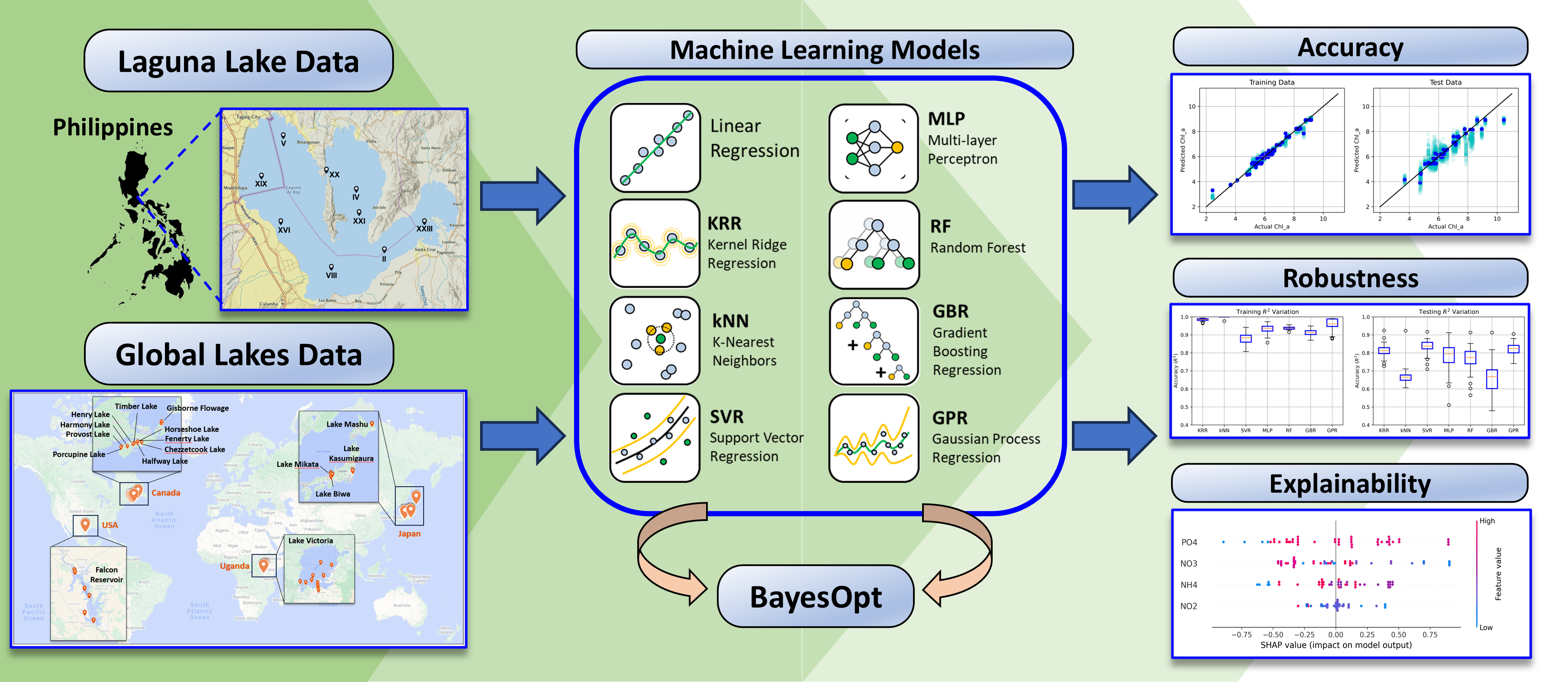
Predicting Algal Blooms in Laguna Lake and Global Lakes
In collaboration with the Insitute of Chemistry and Institute of Mathematics at UPD, we found the best ML models for predicting chlorophyll-a levels in lakes. Read more
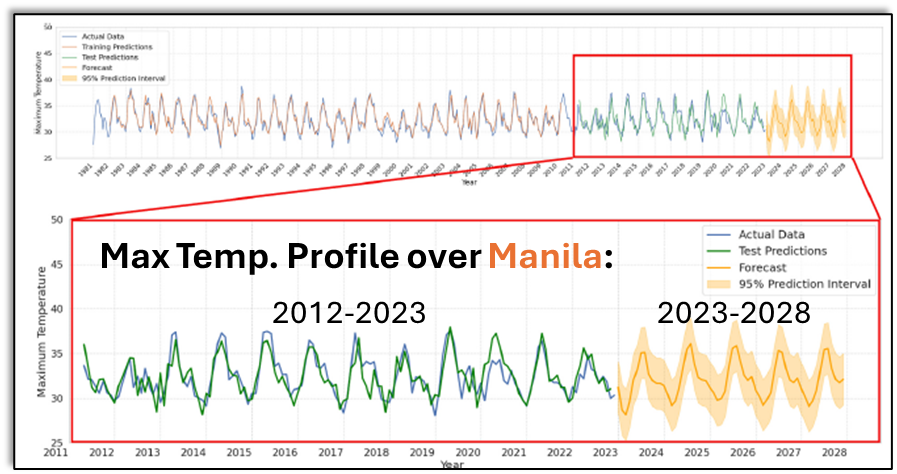
LSTMs for Urban Heating Prediction
Our AI 221 students published their class project regarding the prediction of maximum temperature over Manila and Dagupan 5 years ahead. Read more
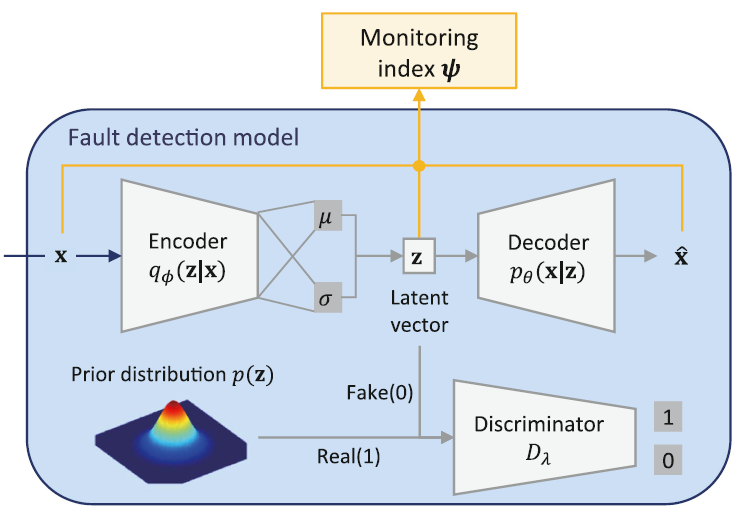
Explainable AI for Fault Detection and Diagnosis
In collaboration with researchers from South Korea, we applied SHAP on adversarial autoencoders to build a more accurate fault detection and diagnosis system in industrial plants. Read more
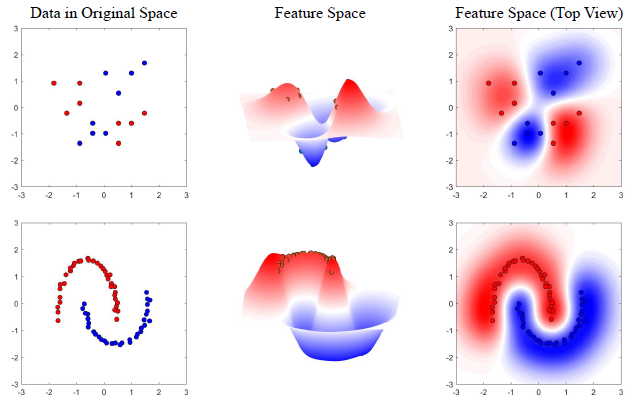
A Review of Kernel Methods in Fault Detection
Kernel methods are popular alternatives to neural nets for pattern recognition. We reviewed 200+ papers on how they were developed for process monitoring and then identified their key issues. Read more
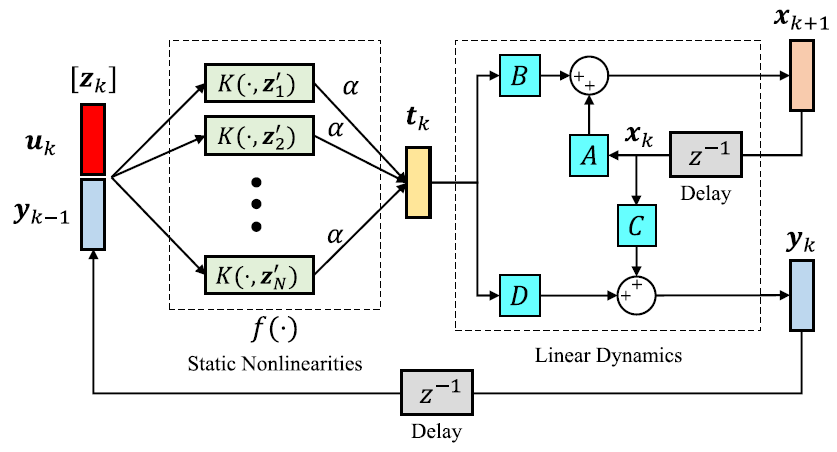
Kernel Methods vs. RNNs for Learning System Dynamics
Recurrent neural nets (RNNs) are widely used to learn the dynamics of processes straight from data. When training data is limited, we show that kernel methods can beat RNNs if we pay attention to the kernel design. Read more
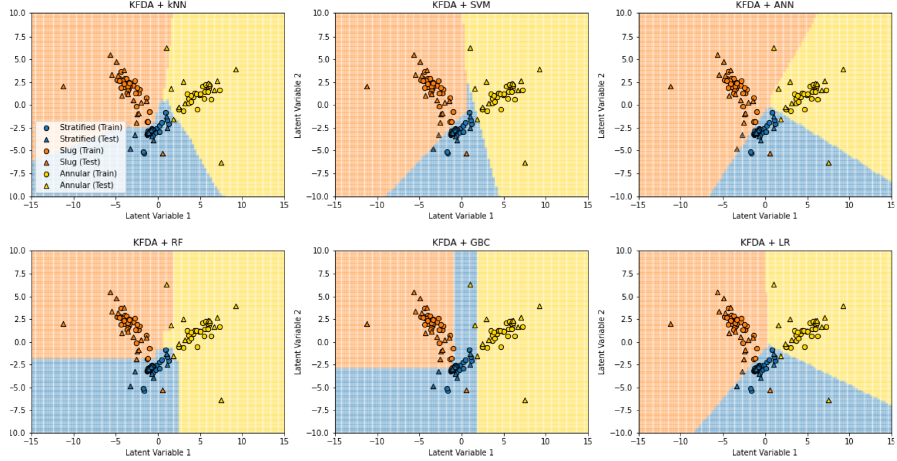
AutoML based Classification of Two-Phase Flow Regimes
We breakdown the problem of flow regime identification in 3 steps: signal processing + dim. reduce + classification. Using AutoML, the best workflow turns out to be DWT + KFDA + kNN. Read more
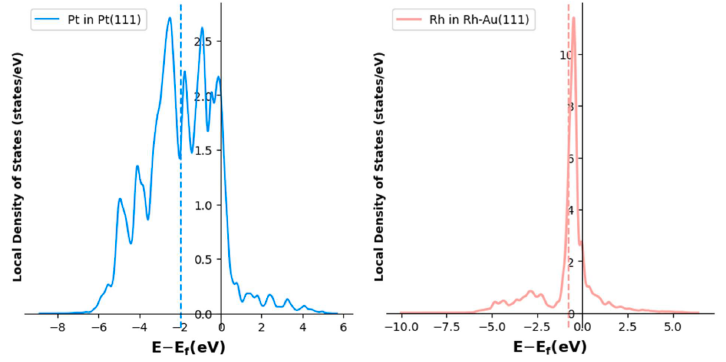
ML-DFT based Segregation Prediction in Single-Atom Alloys
In collaboration with physicists from Japan, U.P. Los Banos, and the UPD Laboratory of Electrochemical Engineering, we used ML-DFT and identified potential catalysts for ORR. Read more
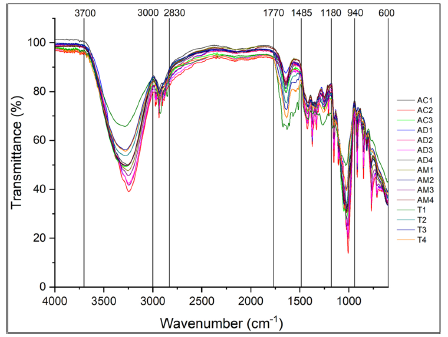
Unsupervised Learning on FTIR Spectra of Bee Honey
In collaboration with chemists from U.P. Los Banos and Pace University, USA, we used PCA and clustering to differentiate honey samples in the Philippines based on their FTIR spectra alone. Read more
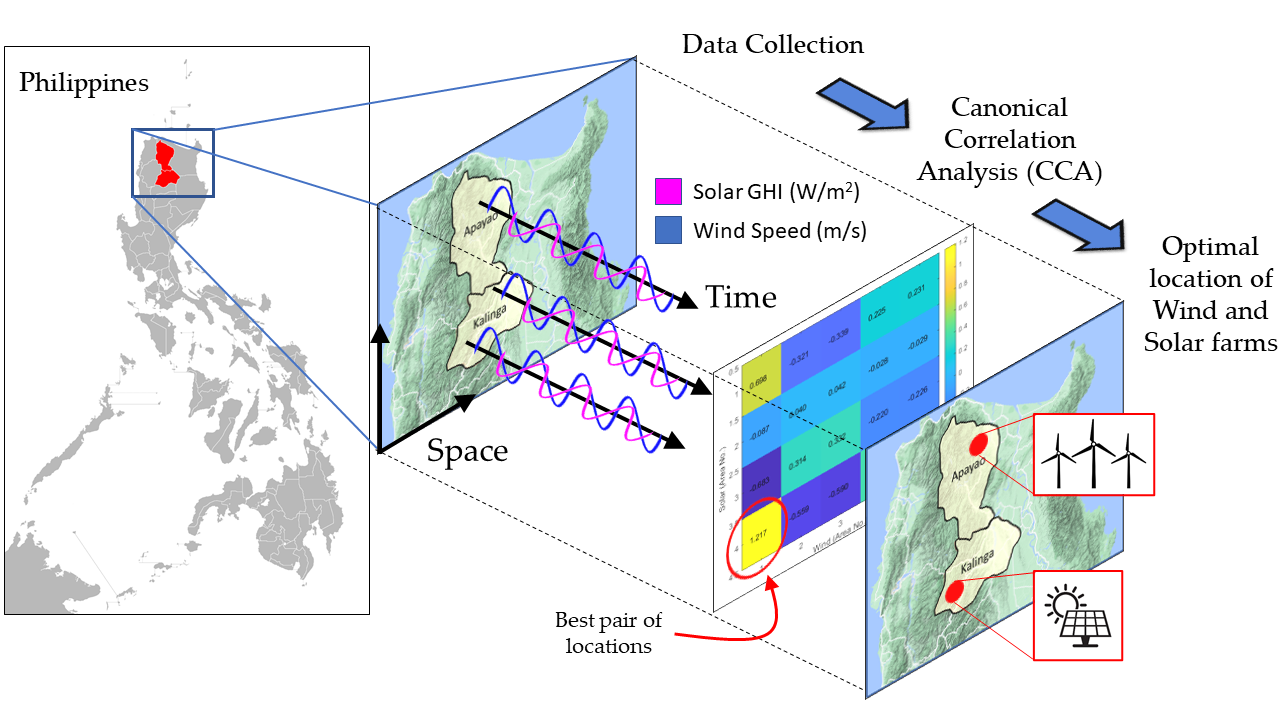
Solar-Wind Energy Balancing in a Philippine Province
We used canonical correlation analysis (CCA) to find the best pair of locations in Kalinga-Apayao where solar energy is balanced by wind energy to give stable power. Read more
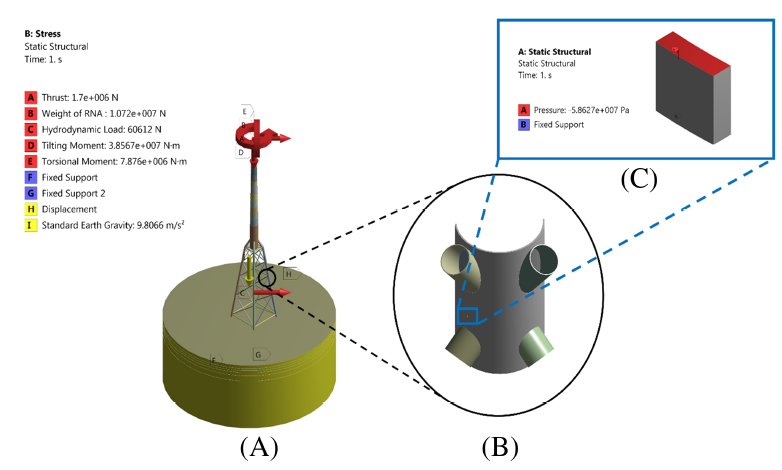
Predicting Corrosion in Wind Turbine Support Structures
We trained neural nets to estimate the crack growth on an offshore wind turbine support structure modeled in ANSYS, giving a more accurate reliability assessment under corrosion. Read more
